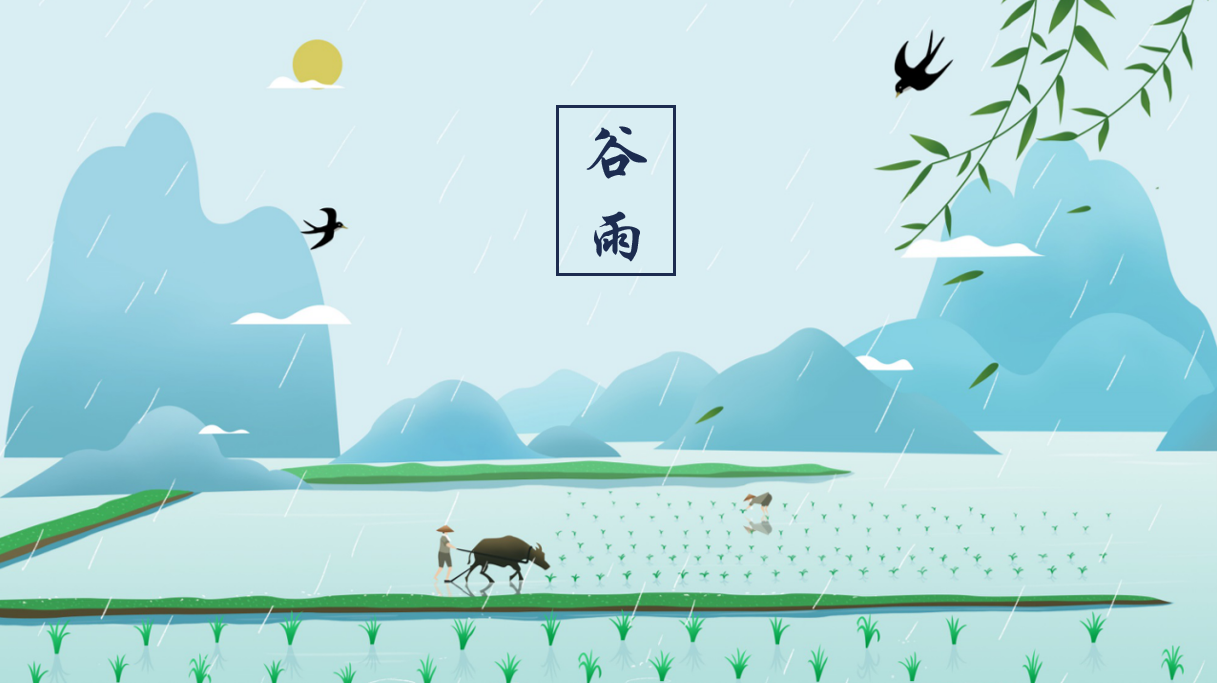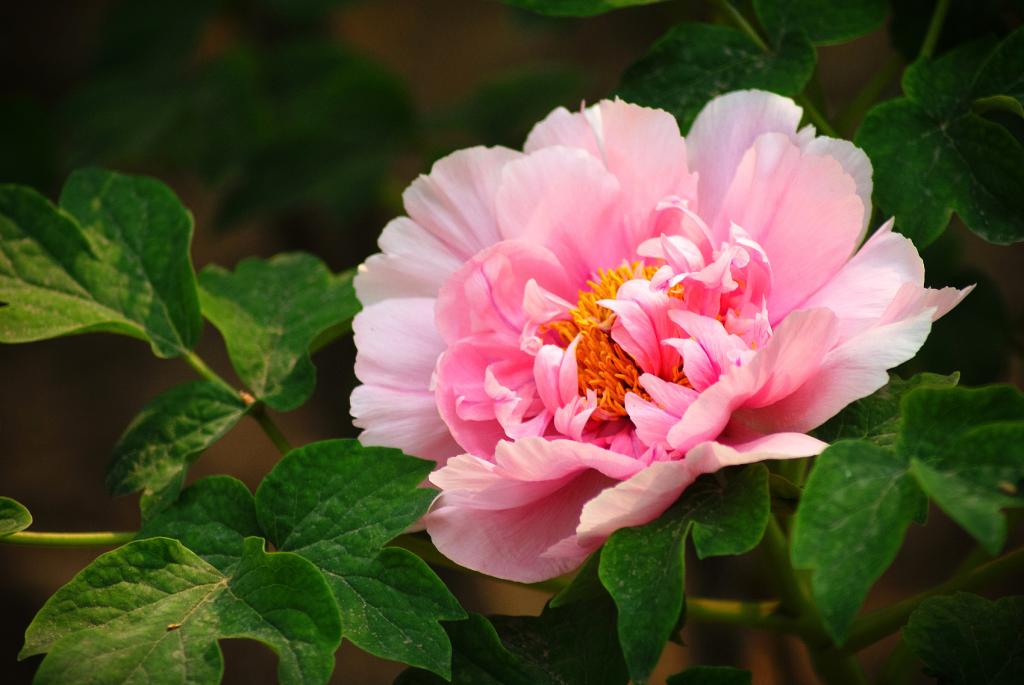Editor's note: The 24 Solar terms are an ancient Chinese calendar used to guide farming. They are the crystallization of the accumulated experience and wisdom of the working people of the Chinese nation. Since ancient China was an agricultural society, people required a strict understanding of the sun’s movement, and farming was conducted entirely according to the sun as well. Therefore, the “24 solar terms”, which reflects the sun’s movement cycle, were added to the calendar as the standard for determining leap months. The 24 solar terms are: Start of Spring, Rain, Awakening of Insects, Spring Equinox, Qingming festival, Grain Rain, Start of Summer, Grain buds, Grain in Ear, Summer Solstice, Minor Heat, Major Heat, Start of Autumn, End of Heat, White Dew, Autumn Equinox, Cold Dew, Frost’s Descent, Start of Winter, Minor Snow, Major Snow, Winter Solstice, Minor Cold and Major Cold. On November 30, 2016, China’s “24 Solar terms” were officially inscribed on UNESCO’s Representative List of intangible Cultural Heritages of Humanity. We have introduced these 24 Solar terms column to bring you a taste of the beauty of traditional Chinese culture.
Grain Rain, Guyu in Chinese, is the sixth of the 24 solar terms and the last in spring. The name, Grain Rain, originates from an ancient saying “Rain gives birth to hundreds of grains” which reflects the agricultural and climatic significance of the term. During Grain Rain, there is usually a sharp increase in rainfall. Traditional customs related to Grain Rain usually include drinking Grain Rain tea, going to the sea, and admiring peonies.

Grain Rain features plenty of rain as the name calls. During this term, it often starts to get noticeably rainy, first in Southern China and then across the country, since the cold air firstly meets warm and humid air in southern areas, which results in long periods of rainy days. Besides, Grain Rain marks the end of the spring and thus during this time temperature usually starts to go up. Therefore, people could experience their first heatwave of the year during Grain Rain. Shortly before the Grain Rain is the time when farmers plant grains. Later as Grain Rain approaches, following rainy days greatly nourishes grains’ growth.
Befitting the climatic characteristics, there are many traditional customs during Grain Rain. Among them typical practices are drinking Grain Rain tea, going to the sea and admiring peonies.
Drink Grain Rain Tea
Grain Rain tea refers to the tea made from fresh tea leaves picked on the very morning of the day when Grain Rain starts. Grain Rain tea has bright green color, soft texture and is rich in virous vitamins and amino acids. And this kind of tea is well-known for its pleasant aroma. It is said that drinking Grain Rain tea could ward off evil spirits and clear internal heat from human body.
Go To the Sea
In the coastal areas of northern China, fishermen have celebrated Grain Rain for more than 2000 years. They go out to the sea to catch fish during Grain Rain. And this custom is still popular to this day in cities like Rongcheng, Jiaodong.

Peonies
Admire Peonies
Grain Rain is the time when national flowers are in full bloom, for which peonies are also called Grain Rain flowers. Peonies symbolizes nobility, wealth and auspiciousness and are very popular to the public since ancient times. During Grain Rain, people step out of their houses to admire one of the most elegant flowers--peonies.

